I’m listening attentively when young backpackers talk enthusiastically about their authentic travel experiences in other countries – being far away from mass tourism: farm work in New Zealand, camping in Patagonia or couch surfing in Paris. They claim to have experienced the real country, the real culture and romanticized the exotic otherness. I’ve also found myself telling stories about the real and the authentic, that promises so much but also conceals so much. Sometimes I even refer to my own trips to distant destinations and claim to have found paradise, while – strangely enough – I never portrayed my return as a lost paradise. It also puts a smile in my face when people in their early 20s claim to have traveled the world and therefore think they can already explain the whole world. Encounters with the foreign space always set a challenge for our identity. However, before I deal with different traveler types, first I wanna stress the central requirement for a longer trip.
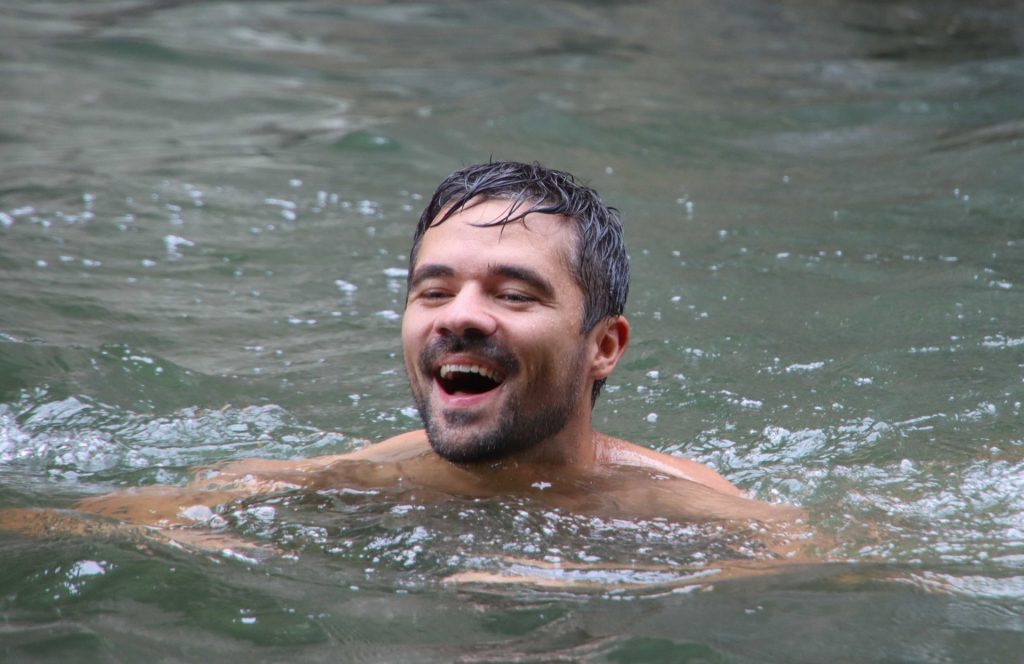
Time as a precondition for traveling
Time. When I say that I’m going to travel for some months, quite often either it happens to me that I’m being celebrated heroically or socially sanctioned. While friends label you quickly as the adventurer and explorer. It is just as easy to get a lack of understanding from your working colleagues or family circle when you leave your predefined way of life. “Boy you should better use your time and live a normal life. Think about your future.” That’s what I hear, see and feel.
I can understand this criticism very well. In western societies, time means money. Since the industrialization time has been managed administratively. Time has become a constraint that suddenly structured life in a tight and inflexible way into working time, overtime and leisure time. But many people perceive the “real” part of their lives outside of paid work. On the one hand, the established term “work-life balance” refers already to that, which suggests that you wouldn’t live properly during your working time. On the other hand, the frequently asked question ‘what are you doing in your free time?’ clearly reveals the basic human need of wanting to get to know a person behind his professional role. Now that’s where the dilemma with Western time paradigm starts:
Time Wealth vs. Time Poverty
People in so-called poor societies of third world countries are equipped with time wealth. They use their richness of time to be. Whereas people in so-called rich societies of first world countries suffer from time poverty. They have to invest and buy their free time through sufficient working hours if they want to have access and make use of the advantages of a limited leisure time as a sold lifetime. This is why our life in developed Western societies is constantly oriented towards the future. We use the present to be different from what we are now and call that progress. We find ourselves constantly running behind a measured time because we have to prioritize organization and performance. While we’re hunting for life time, digital communication tools should help us gaining some more time by manipulating natural time cycles and doing multiple tasks at the same time. But the more time you make, the less time you have. Time pressure and time doubts increase. In our linear time system this can cause a person to lose oneself, especially if the discrepancy between the subjectively perceived lifetime and the ticking watch time keeps spreading. And if you decide to do nothing, you’ll probably get a feeling that you didn’t use your time options adequately. Then your own restlessness turns into helplessness. The phenomenon of boredom arises. A phenomenon that in fact does not exist in societies with a cyclical understanding of time.
Therefore it’s difficult for me regarding leisure time – as a manipulated resource – really as free time. Those who are not free want to reward themselves with a variety of distractions to escape from labor-intensive time intervals. The so-called freely chosen leisure activity often consists of that reward – for example the consumption of available leisure goods such as television, pubs, going out or shopping. Or rewarding yourself with a vacation for your hard work, to regenerate yourself in such a way that you are able to function and maintain your production level for the rest of the year. A reward can also be a crucial guide in terms of the way we want to travel: are you putting emphasis more on enjoyment and pleasure or more onto experience and discovery? Now I’d like to highlight different types of travelers that I’ve encountered so far.
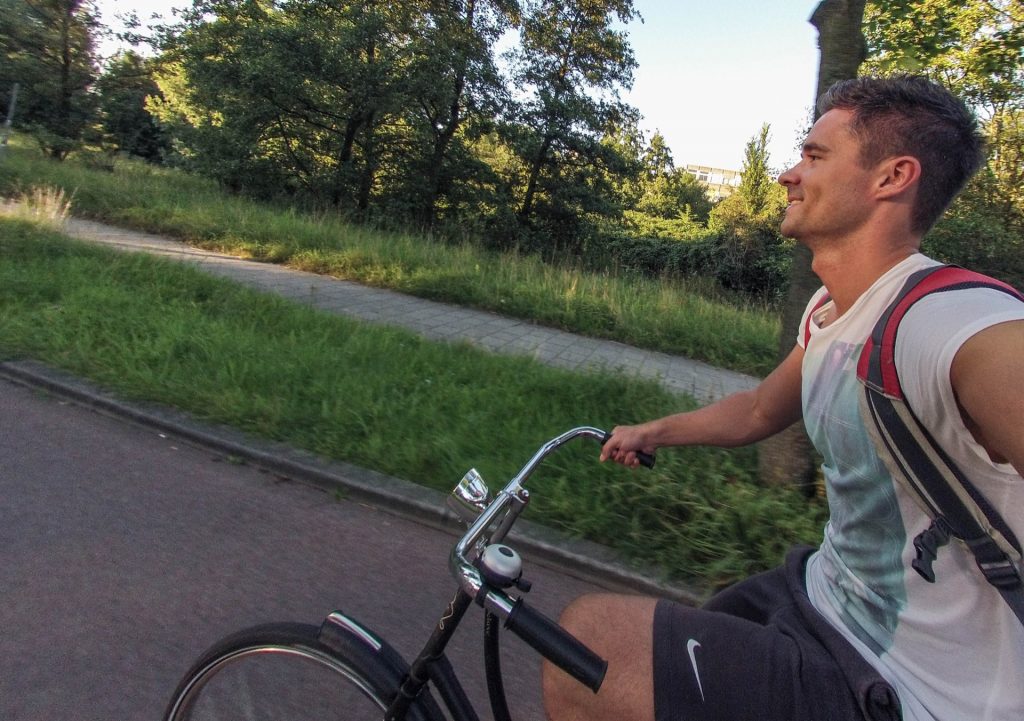
Traveler Types
Travel types. Isn’t it remarkable that the term “tourist” is considered negative, while that of the “traveler” has a positive connotation? Both the classic all-inclusive traveler and the alternative backpacker receive the same entry stamp in the passport for a tourist visa. It would be difficult to categorize a traveler. Because the backpacker who wants to dissociate himself from mainstream tourists also relies on products of the tourism industry like the travel guide from Lonely Planet or online reviews on Tripadvisor. Sure: travelers have different worldviews, travel reasons and combine their experiences with different meanings. Even the purpose of the trip can change from place to place. In my opinion, however, a substantial distinction in terms of the central travel reason only allows at least a temporary differentiation of travel types between the travel destination as a setting and the travel destination as an experience. Just under this precondition I will stick to the trivial distinction between a mainstream tourist and a backpacker.
Mainstream Tourist vs. Backpacker
The mainstream tourist is encouraged by the tourism industry to be a voyeur. For him, the travel location becomes the setting that he consumes visually. He just wants to see what has already been shown. Aspects of another culture should be placed in such a way that they correspond to the image that has already been presented on Instagram channels or in brochures. For them, experiences and locations are authentic in relation to an official photo or story. Destinations become places of a visually consumption of the otherness rather than places in which one can interact. In addition, destinations are selected in a way that there should be enough what is exciting and sparkling. Typically, the mainstream tourist is a passive hedonist who enjoys programmed attractions and pseudo-events and also expects some entertainment happening to him. That’s the reason why he is looking for the predictable and the package in order to just consume places that are firmly marked on the tourist map which were being valued as meaningful and visitable by others.
Backpacking, on the other hand, is an institutionalized alternative to traditional mainstream tourism. Nomads, drifters, hitchhikers, trotters. Backpackers carry many creative names. Most of the time they are on the road for a longer period of time and choose independent and flexible travel routes in their self-reflective project in order to take a break from social pressure and expectations of new roles and careers. Relaxing or program activities are not necessarily their priority. They consciously choose a life episode that should contribute to their development of a reflective and possibly cosmopolitan identity. Backpackers want to accumulate experiences, want to interact with strangers and look for experiences with differences. Traveling gives them the opportunity to acquire knowledge as a contrast to the formal education system.
Distortion of Travel Concepts
Conceptual abuse. However, backpacking can be misused as a concept – if you only exchange your suitcase for a backpack and know that independent travelers are being accredited with expanded knowledge, a stronger sense of identity and social status in their home country. In such a case, mainstream tourists take on the role of backpackers to refresh their facade. Places and stamps are getting collected and cultural capital appropriated, just to use them as a means of showing off a positive social reputation whenever needed.
Another disruptive factor for decisive aspects of a travel process can be a permanent Internet access. Especially social media. A constant engagement with your home and the familiar are filters that can manipulate your understanding of place and time at the travel destination as well as your travel experience. At this point, another disruptive factor could become the link between those two worlds: photos and videos. For example if your Instagram stories from travel locations become more important than your travel experience. This communicative deterritorialization makes a traveler socially present at home while he is physically absent. Space and experience only merge through the camera. It is in fact the camera that can also serve as an escape route: the fear that must arise when the traveler is wondering what his current location or a confrontation actually makes sense for, can be easily replaced by just taking possession of a photo, convert it into personal property and impress with it at home. Overall, a typical backpacker can be characterized by actively looking for a real exchange of experiences with the authentic other. Real and authentic – what is that actually?
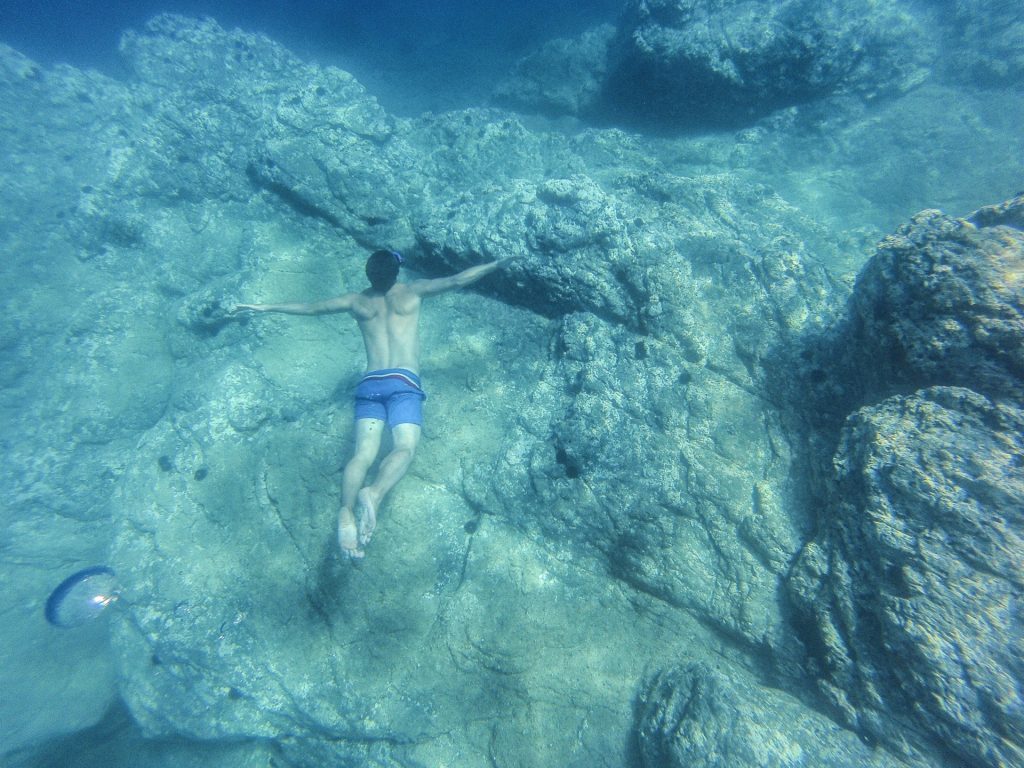
Authentic Travel Experiences
The authentic. Most travelers put the focus on authentic experiences, that’s why idealized desires for real experiences must be treated with caution. The dilemma with authenticity is in its nature: being reduced to fragments of reality. It is subjective. All travel experiences are linked to prior knowledge, expectations and fantasies, that mostly arise in the culture of origin of the traveler. The ‘real’ travel experience is nothing more than created knowledge in dealing with the new destination. From this point of view one could differentiate the term authenticity on three levels.
First, the authentic could refer to objects: observing a dancing show or visiting a statue can be already objectively authentic because they can be purely pragmatized on their essence. Second, travelers can use their subjective perception in assigning authenticity to certain objects and symbols. From these two object-related perspectives, I want to distinguish a third level. For me, the most meaningful one: the activity-related authenticity. If I experience something I would call authentic on my way, I mean a certain state of being that is caused by a specific activity. This can be a personally interpreted feeling about myself or a certain kind of relationship with others.
All in all, authenticity is based on the encounter with the new space, which you experience on the one hand through all your 5 senses, and which is on the other hand influenced by your own prior preferences and experiences. However, the authentic travel experience only becomes really meaningful when the traveler interacts with the new space, penetrates it with his personality and therefore changes its meaning in it. It’s not just about looking. It’s about participating, experiencing and learning. That means getting in touch with what you think is authentic.
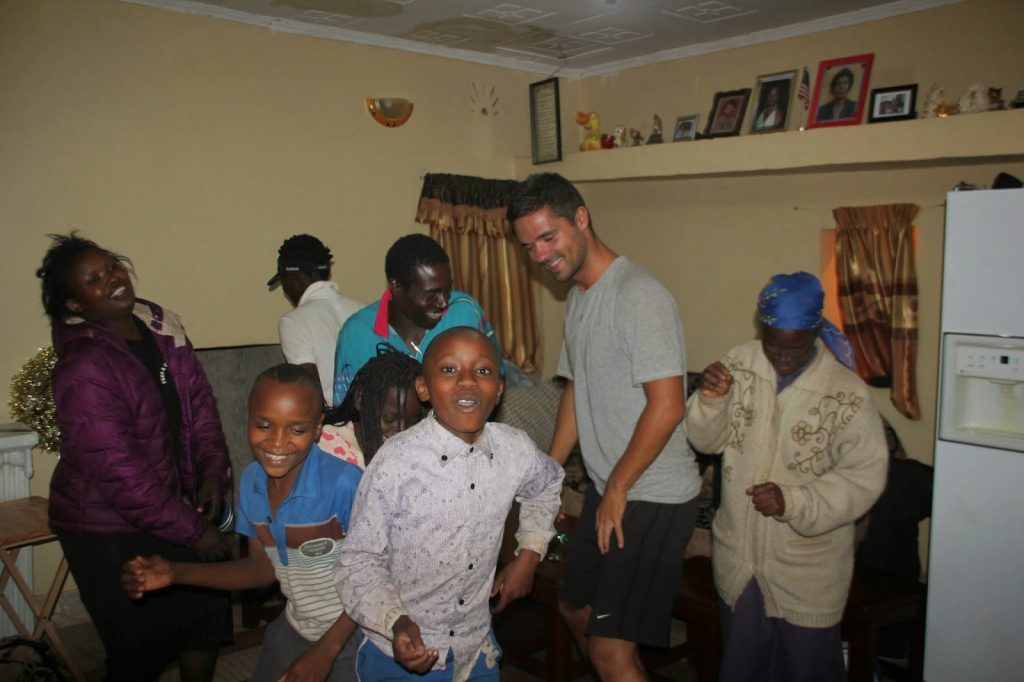
My Travel Self
My travel self. I am everything and nothing of what I just described above. Although I would fit more in the pattern of a backpacker, I’ve already behaved in various ways during my trips: slept in hostel dorms, in five-star resorts or even in a side street in China, I hitch hiked in South America and rented racing cars in the US. All of the above mentioned aspects apply to most traveler types. But you will never find the same combination. There is always a certain hierarchy between the elements that constitute travel identities. That hierarchy is shifting and thus constantly changing the traveler’s behavior. For that reason my travel self is diverse and contradictory, because it is permanently constructed and deconstructed by negotiated experiences that occur in the traveled space. If I’m able to assign sense and meaning to a specific trip, I wouldn’t mind sleeping on a wooden floor. And I would also look forward to some more comfort after a few weeks. That doesn’t mean that I have multiple identities. I have only one identity, which contains many components in a unique mixture and whose elements are prioritized depending on each situation. Long-term travel gives me a number of opportunities to escape from former restrictions and to question my own self.
My Travel Reasons
I think in our western society mostly we have the freedom to become what we could possibly be. When traveling, you have the freedom to be. In particular, encounters with natural environment create an increased awareness of the self and an emotional and physiological feeling for freedom for me, because there is no escape from the present. Of course, also the anonymity that a city grants to its residents can be liberating as well. But it is a place of freedom and isolation at the same time. The main reason why I travel has to do with my curiosity about this world, discovering our planet where human beings are able to live, the contact to the comparable other, to new places. I like to go where I haven’t been before. I like to learn something that I didn’t know before. One thing is clear: the more exchange you have with the otherness, the more rare becomes your own identity. And I think this curiosity about being different is also the key to discover a sustainable coexistence in our world. As a consequence, the decision of what kind of trip you’re going to choose does not really matter. What matters is your relationship with your decisions and how much energy you’re investing into it.


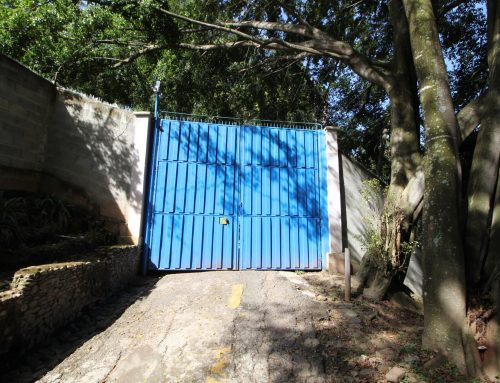
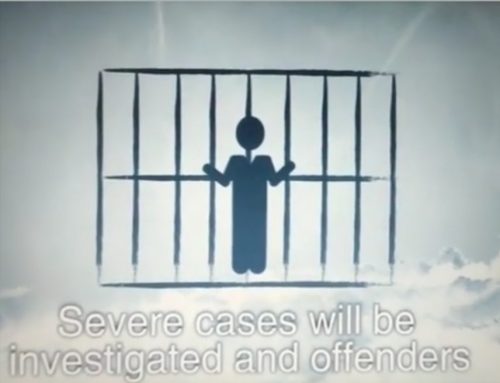
Leave A Comment